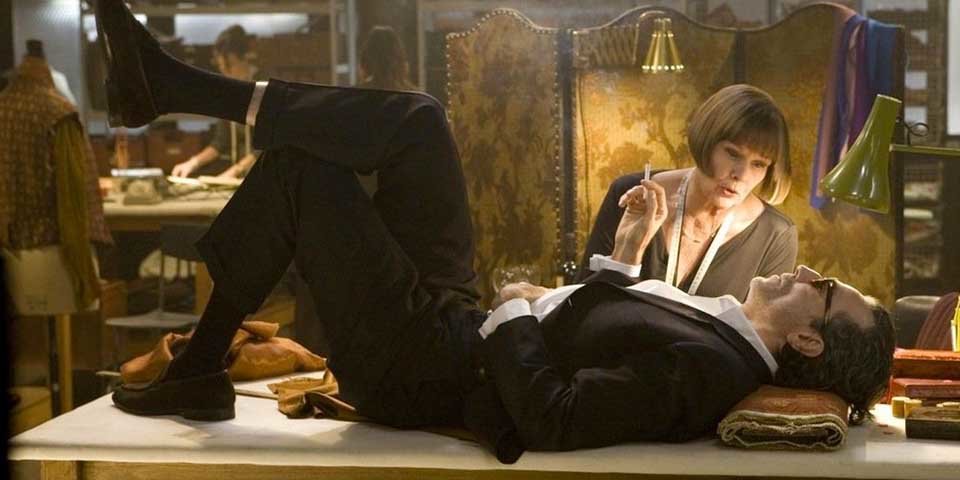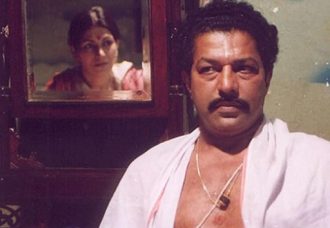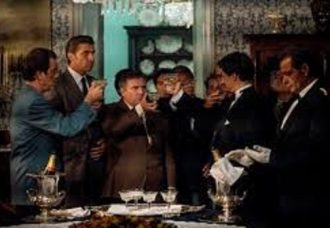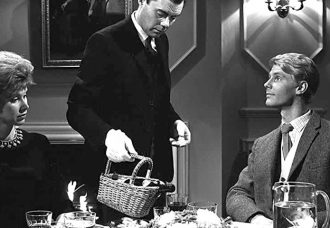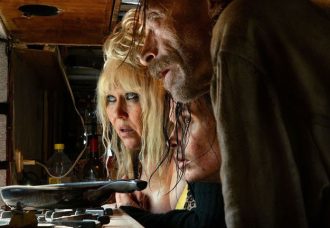Running into a creative block, especially at the time of an important assignment, is perhaps every artist’s worst nightmare. In Nine, a musical re-take on a famous classic, Guido Contini (Daniel Day-Lewis), a highly successful filmmaker, experiences this trauma while the entire cast and crew waits for him to call action.
Where does inspiration come from, and how does one turn it on at will? Seated in the comfort zone of his film studio, the protagonist wonders, “How do you begin this thing?” Suddenly, the sets come alive with light and music, and the place is filled with all the important women in his life, from his mistress, wife, and best friend to the prostitute from his childhood days.
Just at that awesome moment when all your good, old memories fondle and dance with you and begin to set you on fire, though, reality has this odd habit of stepping in to check on you; and spoils your music. And you find yourself surrounded by the very thing you need to be away from: all kinds of people asking all kinds of questions.
Unsure of himself and his ability, Daniel Day-Lewis’s character smokes nervously and sits and walks with a hunch. At times, he bursts out into song, arms held out to the sky. It’s apparent from his clownish smile that he hasn’t any proper answers, but like all popular-with-the-Press filmmakers, he’s a smooth “world-class liar”.
In addition to putting up a decent act, the main and supporting cast flexes their throat muscles to the best of their capability. The singing is complimented by enticing costumes, sets, and dance choreography, and a grand musical score. The grainy black-and-white Saraghina scene is shot so brilliantly that it can easily be passed off to the uninitiated as footage from the original film.
The writing credits include the names of the screenplay writers as well as the authors of the original and the Broadway musical Nine. But surprisingly makes no direct mention of 8 ½, even though scenes from the latter are referenced, both through dialogues and, as mentioned earlier, visuals.
Rob Marshall’s adaption of undoubtedly one of the greatest films ever made retains much of the original, including characters, names, and film look and style. I found it torturous. But maybe, people who love Broadway musicals will have a different view. And maybe filmmakers, cinematographers, and academic film authors would like to examine the musical version of their favorite classroom study film.




